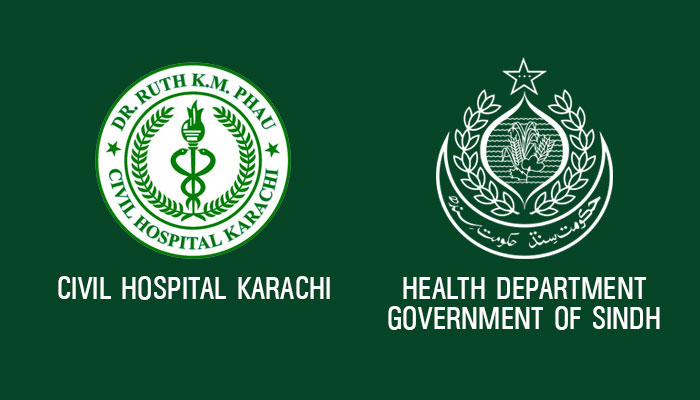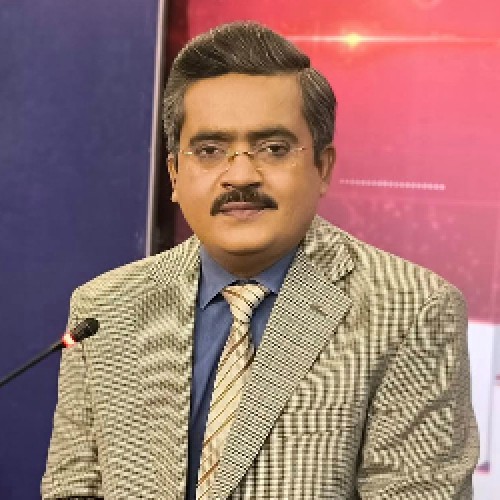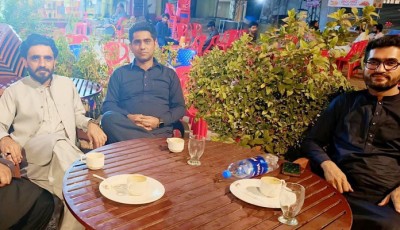KARACHI: A shocking government inquiry has confirmed massive corruption at Dr. Ruth K.M. Pfau Civil Hospital Karachi, where fake indent sheets and missing medicines have led to financial losses worth hundreds of millions of rupees.
The investigation, conducted by the Chief Minister’s Inspection, Enquiries & Implementation Team, reveals a disturbing web of fraud, mismanagement, and an official who has absconded after his bail was denied by the court.
The Shocking Findings:
According to the confidential Enquiry Report which copy is available with this scribe, hospital officials manipulated indent sheets—key documents used for requesting medicines—by issuing 21 fake and fraudulent indents, enabling large-scale theft of critical drugs. The fraudulent records were signed and verified by responsible officers, exposing glaring lapses in hospital oversight.
The report also highlights huge unaccounted drug deficits, specifically in the Oncology Ward, which relies on expensive medicines for cancer treatment. The missing stock includes:
Elbonix 50 mg: 67,599 units missing, causing a financial loss of Rs. 300.88 million
Palbonix 125 mg: 12,889 units missing, resulting in a Rs. 55.22 million loss
Total loss: Rs. 356.11 million in public funds
Who’s Involved?
The report names the following officials as key figures in the scandal:
- Dr. Nasrullah Khan (AMS Store)
- Dr. Faheema (AMS Store-II)
- Niaz Ali Khaskheli (BS-16), Incharge Store (Injection & Tablet Section)
While Dr. Nasrullah and Dr. Faheema claim they signed the documents as part of routine work without verification, Niaz Ali Khaskheli has vanished. According to official reports, Khaskheli absconded after his bail was rejected by the court in a separate embezzlement case filed against him by the hospital.
Bigger Questions on Corruption & Transparency:
The report raises serious concerns about accountability and governance within Sindh’s public health sector. Experts question how such large-scale fraud could occur without high-level collusion. The fact that fake indent sheets were officially signed suggests a systemic failure—or a deliberate cover-up.
What’s Next?
With a government investigation confirming the scam, legal action and accountability measures are expected. However, will authorities finally take decisive action, or will this case join the long list of unresolved corruption scandals in Pakistan’s healthcare system?
The public, meanwhile, is left questioning: How many more patients have suffered due to stolen medicines? Who else is involved in this multi-million-rupee scandal? And will justice be served?











